The FCC’s current definition of “broadband” Internet is 4Mbps downstream and only 1Mbps up. These were adequate speeds in a world where you occasionally watched a grainy YouTube video, but they don’t reflect the needs or uses of most consumers, and those benchmarks are only going to grow more irrelevant with each passing day. FCC Chair Tom Wheeler admitted as much to Congress yesterday. [More]
fcc
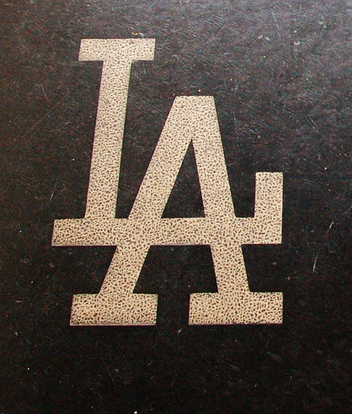
Dodgers Fans In L.A. May Get To Watch Team On TV This Season
It’s no secret that Time Warner Cable hates Dodgers fans. If they liked them, the cable company would figure out a way that more than 30% of people in L.A. could actually watch the games on TV. But with the team doing so well right now (and, more importantly, with regulators in D.C. asking questions about how the Dodgers disaster relates to the Comcast merger), TWC has decided that the final few games of the season will be available to anyone with an antenna. [More]
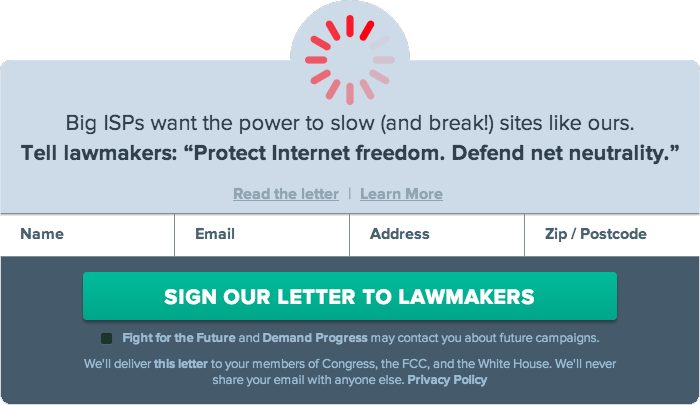
The Internet Speaks Up: FCC’s Fast Lane Proposal Would Be “A Cluster f**k Worse Than Comcast’s Customer Service”
It’s been a long road since an appeals court threw out the FCC’s Open Internet Rule — the one most of us call net neutrality — back in January. The FCC proposed a replacement rule in May, but there’s one small snag: it’s terrible. The proposal currently on the table would allow large ISPs to charge businesses for prioritized access, effectively splitting the internet into fast and slow lanes and choosing for consumers what sites and services they can best access. With the for-really-reals final deadline for the public to have its say fast approaching, today a large swath of the internet is speaking up for net neutrality and asking their visitors and customers to do the same. [More]
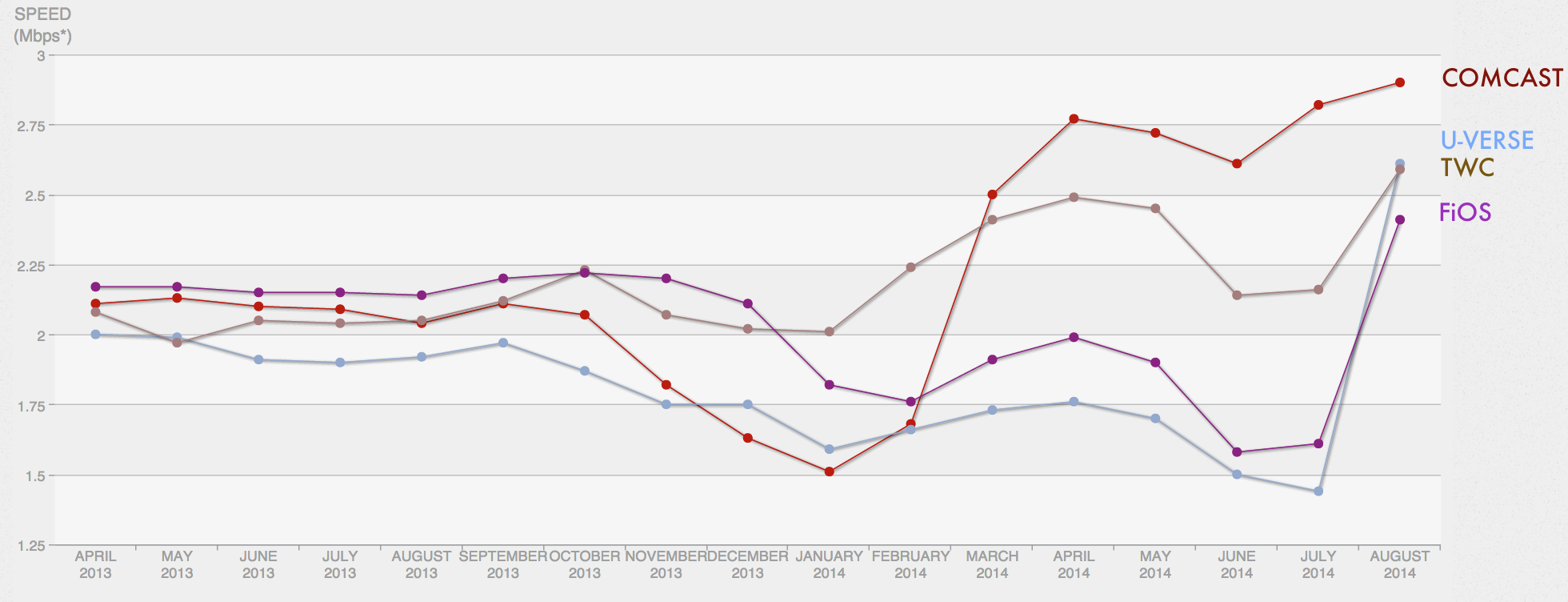
Netflix Speeds Finally Rebound For FiOS, U-Verse Customers
For years, Verizon has bragged about the fast data speeds available to subscribers of its FiOS broadband service. Meanwhile, the company was allowing Netflix streams to bottleneck, resulting in real downstream speeds that were slower than some DSL providers. And even months after Netflix agreed to pay Verizon for better access to its network, the speeds didn’t improve — until now. [More]

AT&T and Verizon: Your Home Network Doesn’t Actually Need To Be As Fast As Your Phone
The FCC has been all about broadband this year. In the mix with net neutrality and the Comcast/TWC merger, they’re also taking on the dearth of broadband competition consumers face and even thinking about redefining the meaning of the term to a higher minimum network speed. But AT&T and Verizon aren’t having it: according to comments they’ve filed with the FCC, a wired network connection too slow for a solid Netflix connection, and slower than the 4G your phone uses, should be perfectly satisfactory for a bandwidth-hungry nation. [More]
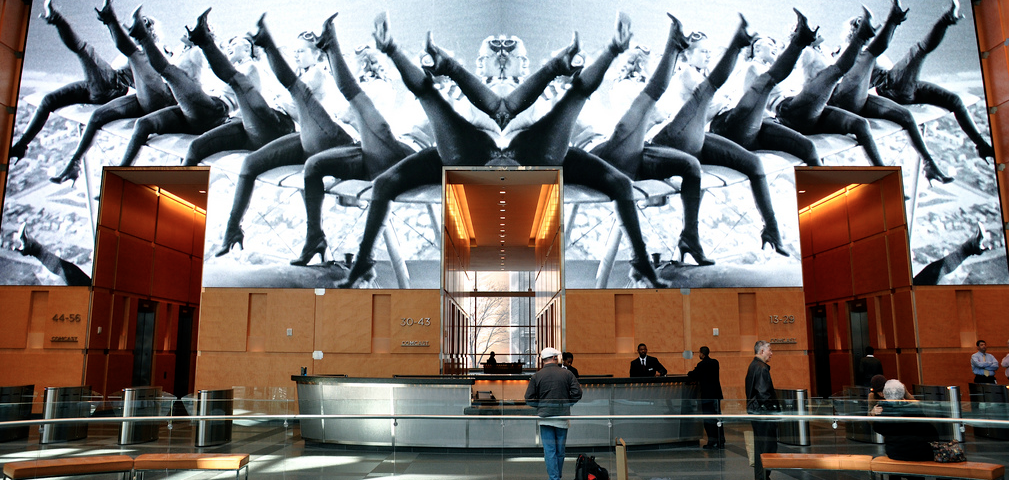
Comcast: Approve TWC Merger Because Broadband Will Still Suck Just As Much
Yesterday, FCC Chair Tom Wheeler surprised a lot of people by publicly discussing the woeful state of broadband competition in the U.S. Some viewed his remarks as an indicator that the commission is leaning toward blocking the pending Comcast/Time Warner Cable merger, but the ever-optimistic (read: delusional) Comcast argue that Wheeler’s words actually support the deal. [More]
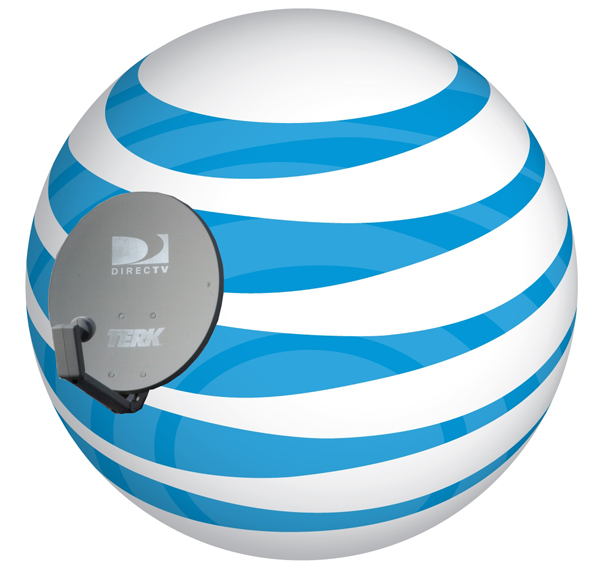
Why Isn’t America Freaking Out About AT&T/DirecTV Merger — And Should We Be?
While pretty much everyone is scrutinizing the pending mega-merger between Comcast and Time Warner Cable, not much attention is being paid to the possible marriage of the country’s second-largest wireless and pay-TV companies. And that leaves us with two big questions: What, if anything, makes these two mergers so different? And should we be more worried about a unified AT&T and DirecTV than we are? [More]
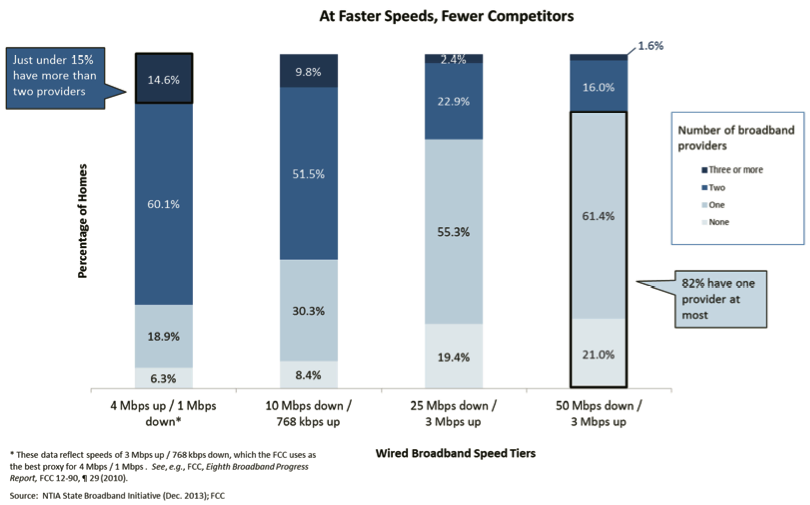
FCC Chair Admits There Is Nowhere Near Enough Broadband Competition
In spite of what Comcast would have you believe, there is very little actual competition among broadband providers in the U.S. And this morning, FCC Chair Tom Wheeler publicly explained the woeful state of competition for America’s Internet users. [More]
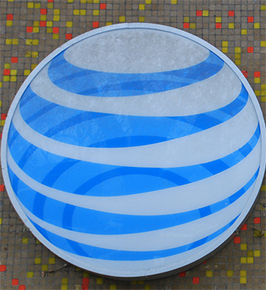
AT&T: Municipal Broadband Should Be Banned Anywhere Private Companies Might Want To Do Business Later
It’s no secret that AT&T and other big ISPs are no fans of municipal broadband projects. There are laws on the books in many states that block the expansion of municipal networks, but the FCC is considering using its authority to override those laws and let communities build networks if they wish. AT&T is also no fan of this proposal. In fact, says AT&T, not only should public networks be barred anywhere there is already a private option, but also they should be barred in any place there might possibly be a plan to build a private option in the future. [More]
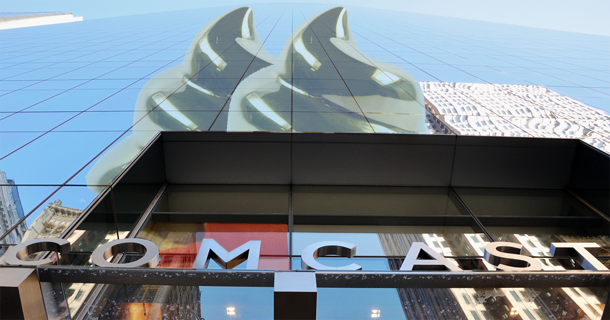
Media Companies Afraid To Leave Public Comments Privately Tell FCC Why The Comcast/TWC Merger Stinks
Plenty of big companies have left lengthy public comments explaining their opposition to Comcast buying Time Warner Cable. Still, though, not everyone who is afraid of the potential consequences of the merger is able to go air their grievances publicly. Media organizations that usually love announcing their opinions to anyone and everyone have been suspiciously silent on the matter, perhaps, as Sen. Al Franken suggested, due to fears of retaliation from their largest business partner. But just because those companies aren’t filing public comments doesn’t mean that they’re in love with the merger, and they may be telling a very different story behind closed doors. [More]
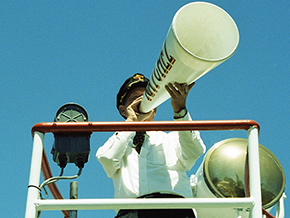
FCC Hopes To Spare Your Ears, Tweaks Rule To Turn Down Obnoxiously Loud TV Commercials
Some things haven’t changed in 20 years: you’re watching some old movie late at night on TV, and you turn the volume up because the dialogue is so quiet. Then the ad break comes and suddenly salesmen are shouting at you so loudly you could practically hear them from space and you bang your head on the coffee table in a frantic dive for the remote. Everyone hates that — and the FCC hates it, too. [More]

FCC Fines T-Mobile $819,000 For Selling Phones That Don’t Work With Hearing Aids
Let’s point out something very, very obvious: within reason, everyone should have the right to communicate over the phone, even if they live with some form of hearing loss. For that reason, the Federal Communications Commission requires mobile phone carriers to sell a certain number of handsets that work with hearing aids. The agency says that T-Mobile failed to do this, and has fined them $819,000. [More]
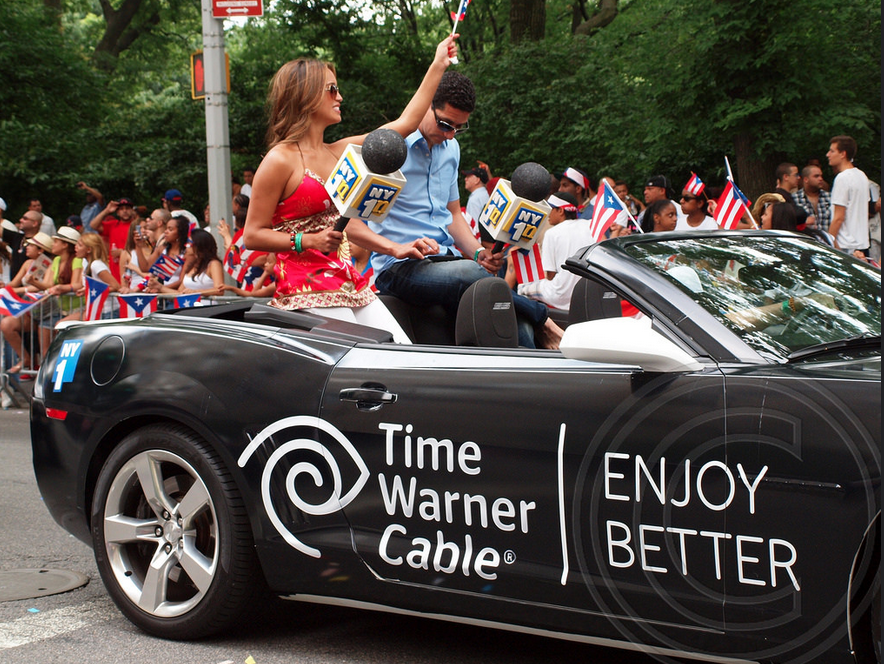
Time Warner Cable Fined $1.1 Million For Failing To Report Outages
No, this isn’t about the huge nationwide outage that hit millions of Time Warner Cable customers earlier this week, but the timing couldn’t be more perfect. The FCC has announced that TWC must pay a $1.1 million penalty for failing to report a number of network outages to the Commission. [More]
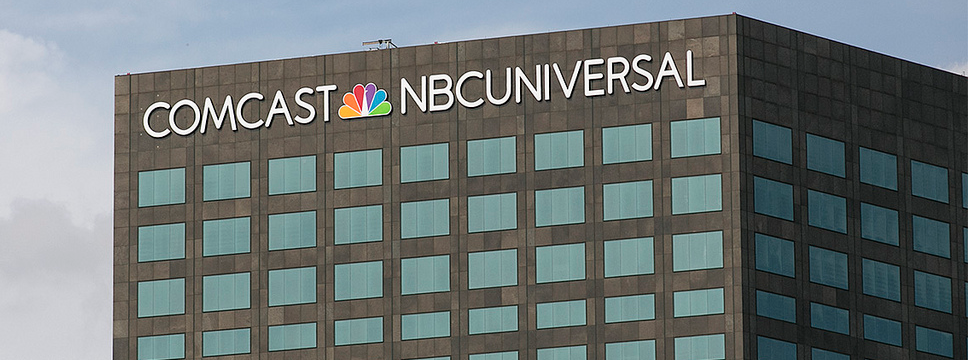
Here’s What Netflix, Dish & Others Said To The FCC About The Comcast/TWC Merger
The period for leaving a comment about the Comcast/TWC merger with the FCC closed on Monday. Roughly a zillion members of the public — individuals, nonprofits, state and federal politicians, telecom companies, tech trade groups, and consumer advocates — have weighed in, including several big names in pay TV who are staunchly against the deal. [More]
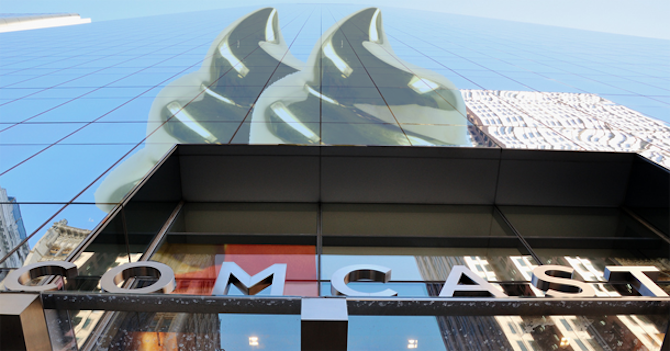
Initial Questions Offer Hope That FCC Isn’t Going Easy On Comcast/TWC Merger
While the FCC’s public comment period for the Comcast/Time Warner Cable merger remain open through Monday, the commission has already sent off its first round of questions to the companies involved. And judging by both the quantity and quality of the things being asked, it looks like the FCC isn’t ready to rubber-stamp the deal. [More]
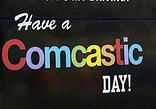
4 Reasons Consumers Union Has Asked The FCC To Block The Comcast/TWC Merger
The full regulatory approval process for the Comcast/TWC merger has months left to go, but we’re getting down to the wire on one part of it: the deadline for public comments is Monday. Our colleagues down the hall at Consumers Union, the advocacy arm of Consumer Reports, have now officially asked the FCC to block this thing, and with good reason. [More]
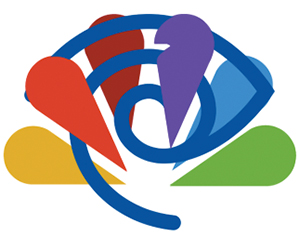
Now’s Your Chance: FCC Public Comment Period For Comcast/TWC Merger Ends Monday
Comcast and Time Warner Cable announced their intention to merge into wedded corporate bliss back in the middle of February. Now, six months later, the process is still rolling along. Monday — August 25 — is the deadline for members of the public to leave comments with the FCC about the merger. Got thoughts? You have three days left to make them heard. [More]


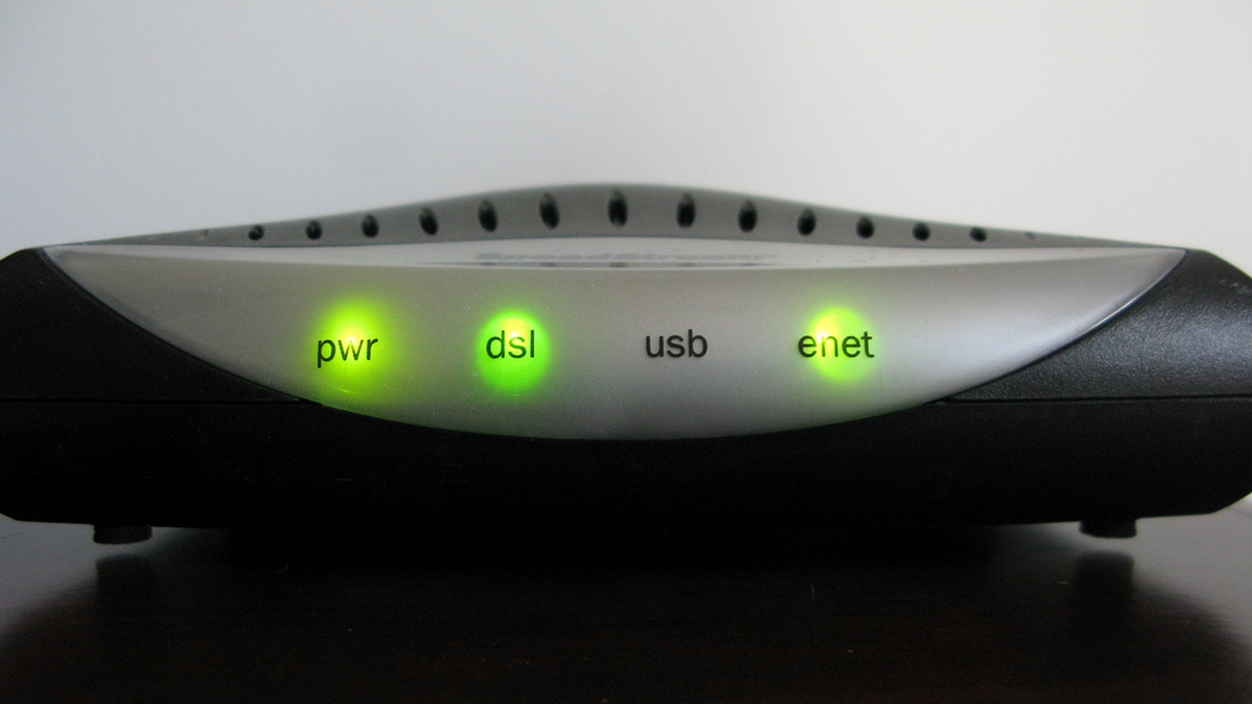
3 Million Comments And Counting: The Final Public Comment Period On Net Neutrality Ends Tonight
The chance for the public — individuals, consumer advocates, and businesses alike — to have their say on the FCC’s proposed net neutrality rule is finally coming to an end. In the four months of the various comment periods being open, the FCC has received over 3 million comments so far, with more pouring in by the minute. But the finish line is near: the deadline on the reply period ends, for real, at midnight tonight. [More]